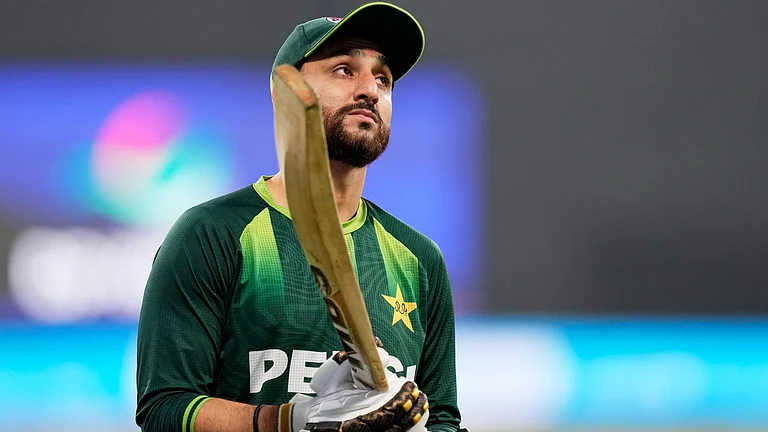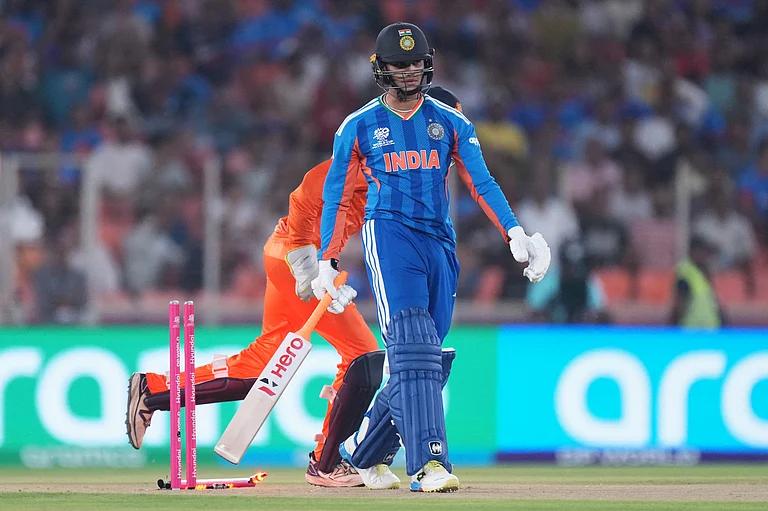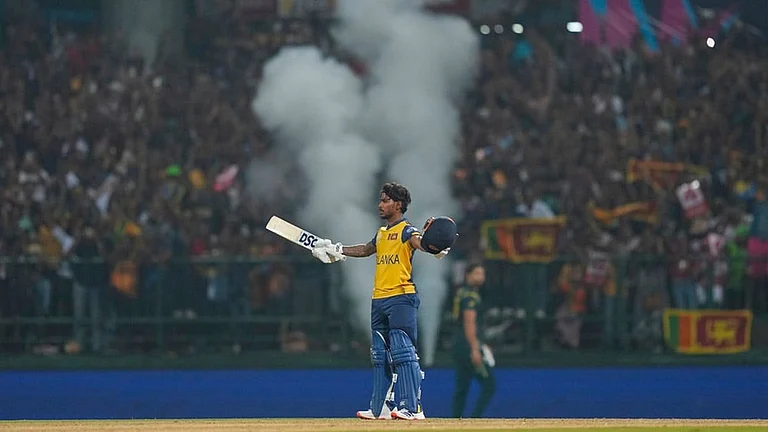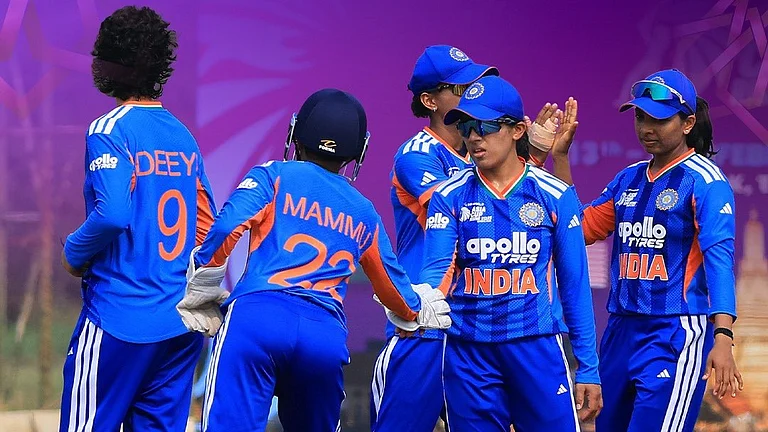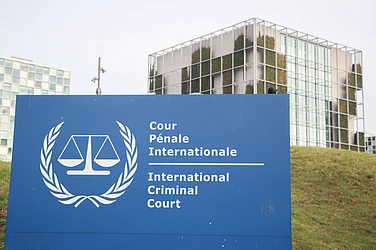On Sunday, Anura Kumara Dissanayake, a Marxist leader and head of the Janatha Vimukthi Peramuna (JVP), was declared Sri Lanka’s next President, marking a historical milestone in the country’s political landscape. Dissanayake, 55, has become Sri Lanka’s first-ever Marxist president after securing 42.31% of the vote in the presidential election held on Saturday.
Dissanayake's ascent to the presidency represents a remarkable comeback for the JVP, which has historically struggled to gain a foothold in mainstream politics.
Dissanayake’s political journey
Born in Galewela in 1968 and raised in Kekirawa, Dissanayake came from a humble background. He pursued a degree in science at Kelaniya University, where his political journey began as a student leader He joined the Janatha Vimukthi in 1987 Peramuna (JVP) at a time of national upheaval and became a key figure in the party’s decision-making body.
For decades, the JVP had oscillated between rebellion and political participation, marked by violent uprisings in 1971 and again from 1987 to 1990. However, as the political landscape shifted, Dissanayake advocated for a democratic approach, helping to redefine the party's image and ultimately leading to its rebranding as the National People’s Power (NPP) in 2019.
Fast forward to September 2024. After mass protests that led to the removal of former President Gotabaya Rajapaksa in 2022, people turned to Dissanayake for leadership. His message against corruption and promise of a fresh start resonated, especially with young voters tired of traditional politicians.
His campaign resonated particularly with young voters disillusioned by decades of corruption and mismanagement. Dissanayake's message of anti-corruption and his vision for systemic change appealed to many who participated in the mass protests that led to the ousting of former president Gotabaya Rajapaksa in 2022. Now operating as the National People’s Power (NPP), his party has shifted focus toward democratic reforms, economic recovery, and social justice, promising a break from the old political norms.
Throughout his campaign, he pressed for the urgent need for substantial reforms in education, public health, and housing. His focus on accountability was clear as he declared that “only an un-corrupt force will take action against the corrupt,” highlighting the failures of previous administrations to tackle the country’s economic crises effectively.
Challenges ahead
Historically, the NPP had opposed International Monetary Fund (IMF) programs, but Dissanayake’s approach now includes a willingness to engage with such reforms, albeit with conditions for re-negotiation.
As Dissanayake takes office, he faces immediate challenges, particularly in addressing the country's dire economic situation. His leadership will be scrutinized as he attempts to reconcile his party's historical stances with the pressing need for economic reform and international cooperation.
The eyes of a nation eager for change are now firmly on him, as he begins this new chapter in Sri Lanka's political narrative.
What does Dissanayake’s win mean for India?
Dissanayake is the leader of the party which has been historically anti-India. As Dissanayake steps into the presidency, he signals a strategic shift in this longstanding position. Despite his party's history of opposition to foreign influence, particularly from India, he has indicated a willingness to engage diplomatically with international partners.
Recognizing the geopolitical realities of the region, he has expressed a commitment to engaging with India, acknowledging its significant role in Sri Lanka's development. He also aims to ensure that Sri Lanka’s interests are prioritized in the geopolitical contest between India and China, advocating for a balanced foreign policy that fosters development without compromising sovereignty.
In interviews leading up to his election, Dissanayake has outlined several key policies aimed at fostering constructive relations with India. He has stressed the importance of ensuring that Sri Lankan territories—land, sea, and airspace—are not used in ways that threaten regional stability, reflecting a more collaborative approach. He also acknowledged the necessity of balancing economic measures with India's support




